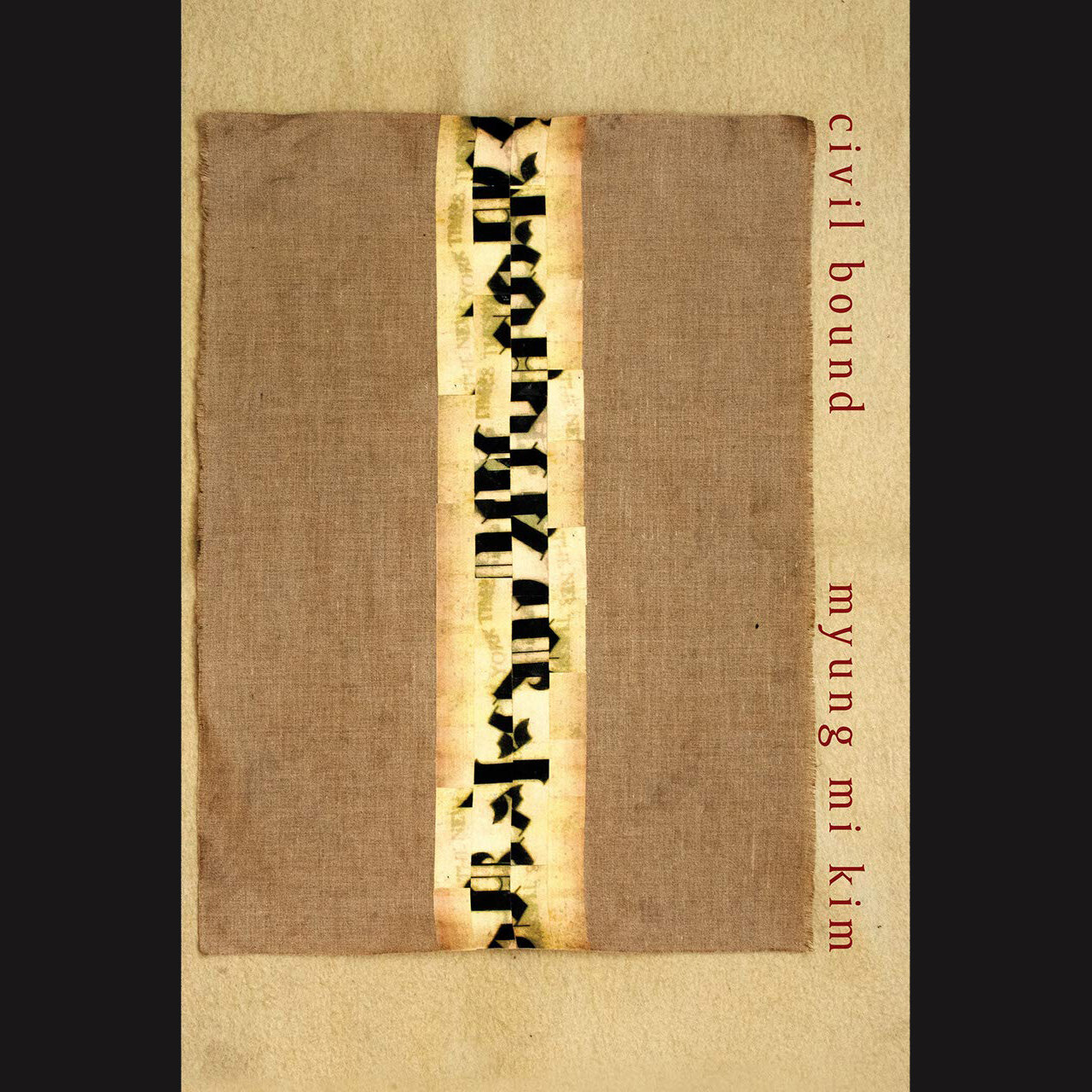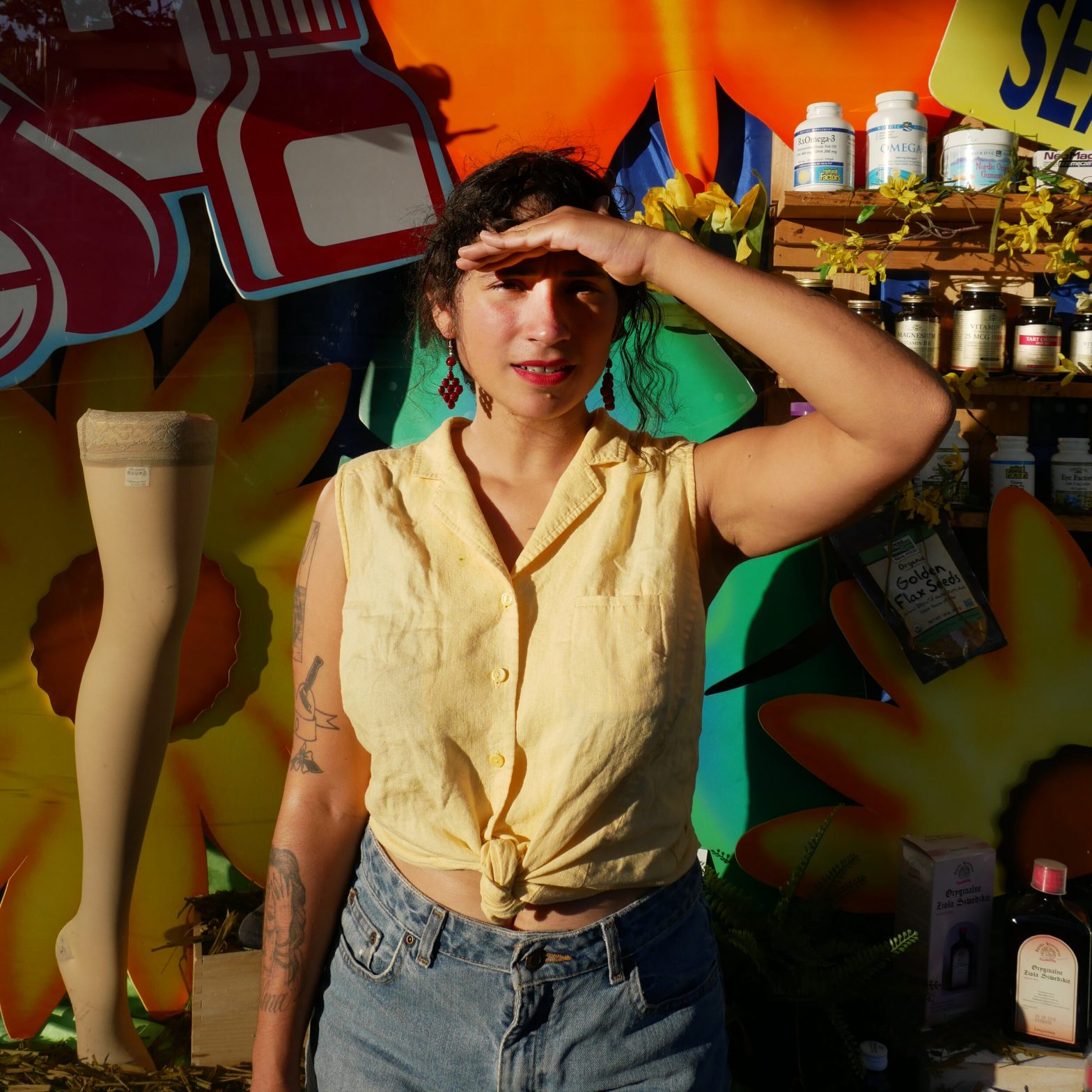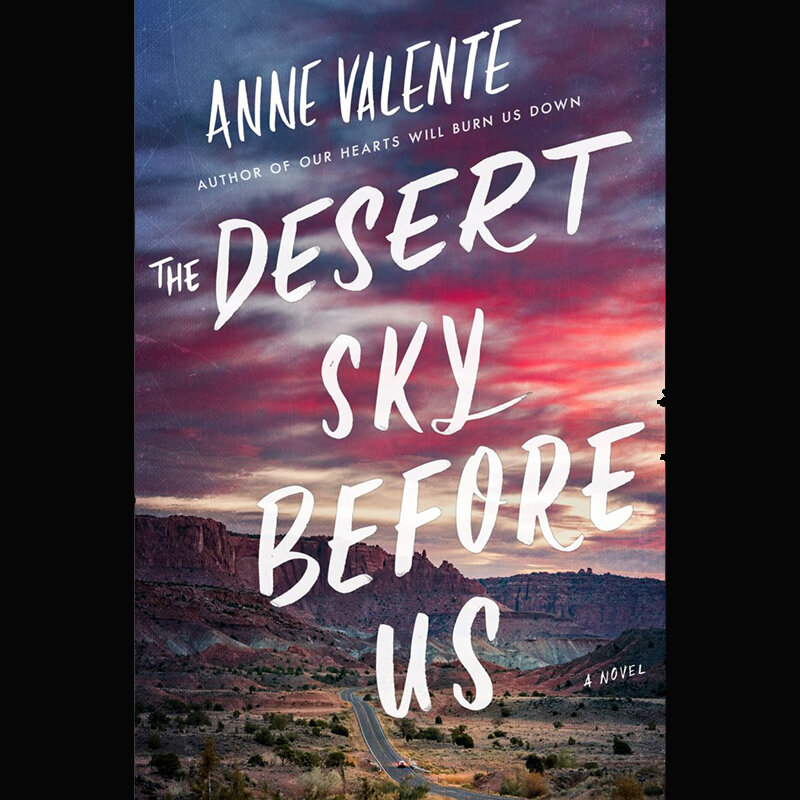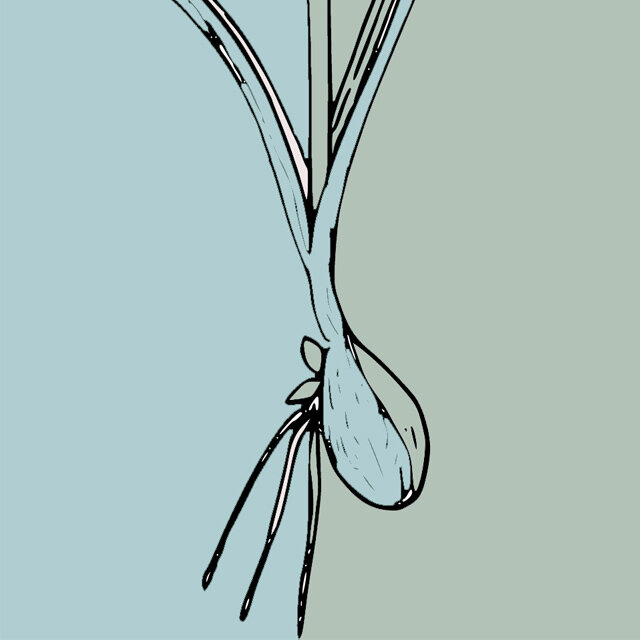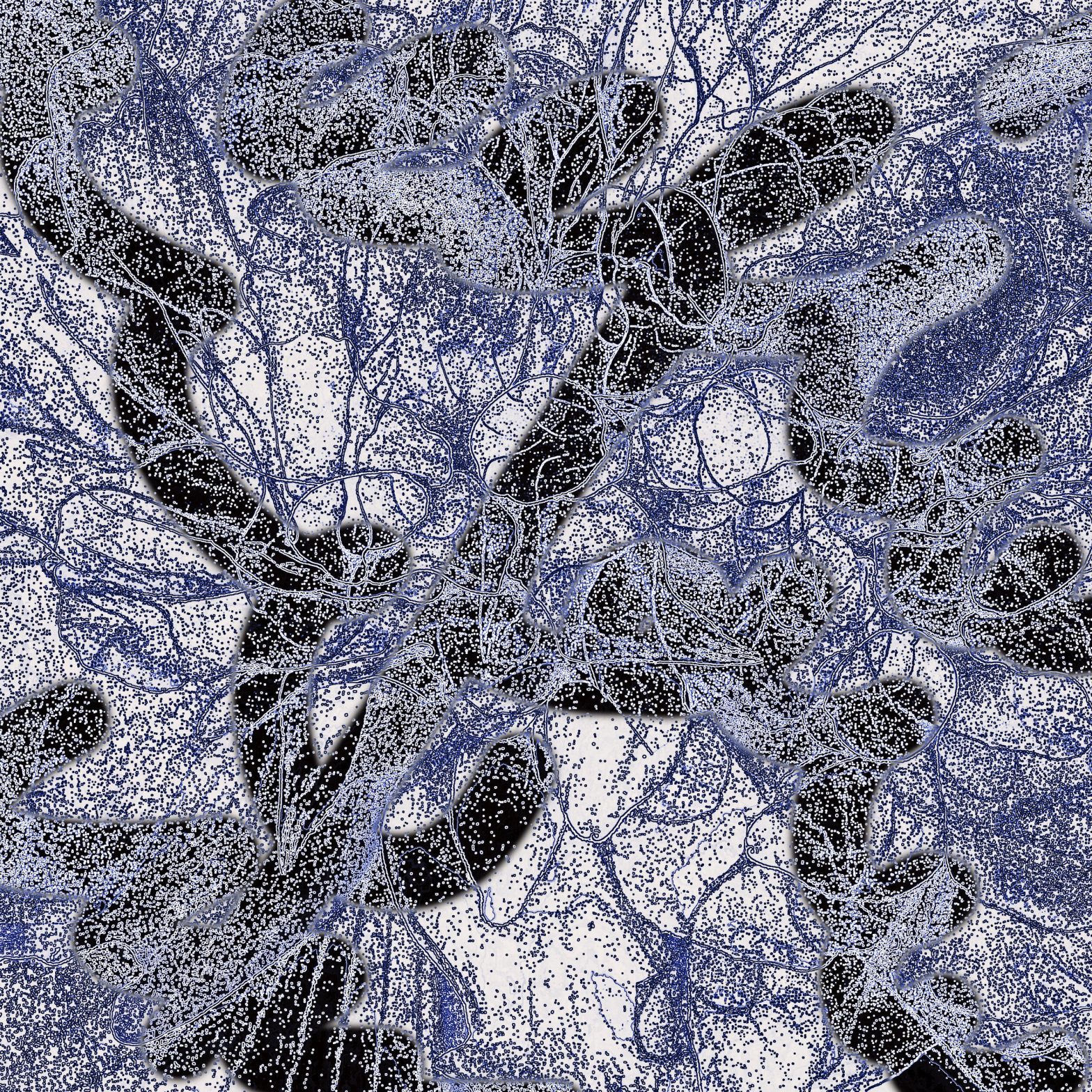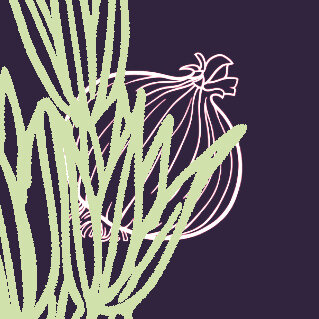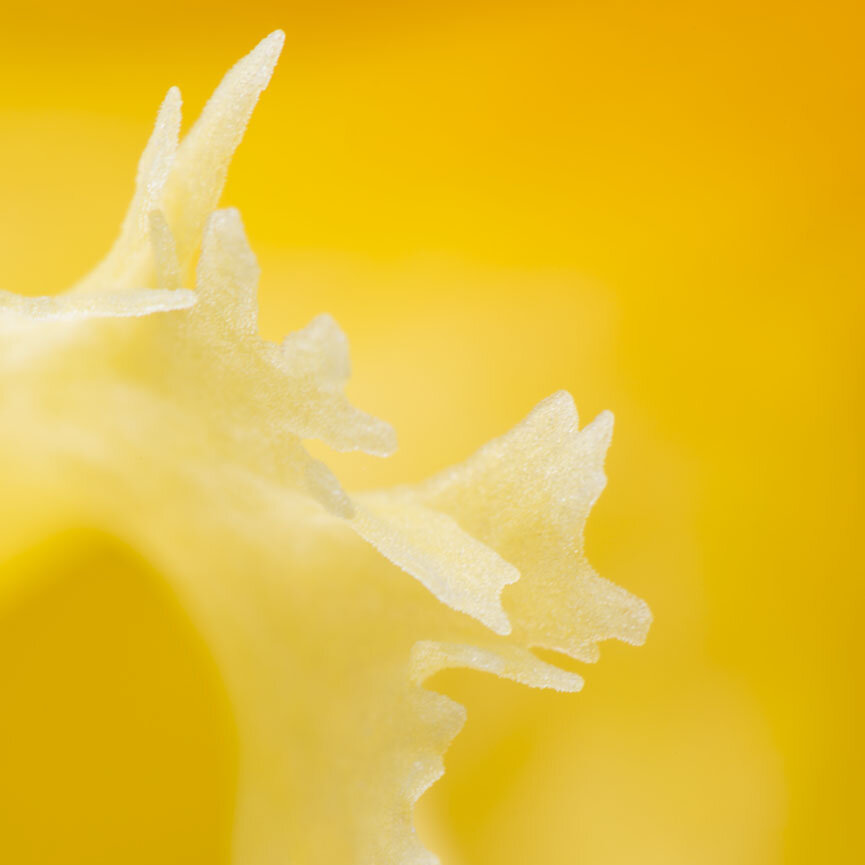Father
There was a time when I was laid low, and I can feel it happening again. Wasn’t sure I’d make it out back then, yet things seem darker now, more than ever.
Autumn knows I’m fucked, but she thinks she’s got me grounded, and I’d prefer to keep it that way. She’s got enough to worry about. Her father has been around more often, which is worse than it sounds. The bastard drank through the liquor cabinet twice over in a week. He says he wants to look after her, but he’s got her locked up. Won’t let her leave the house, and Autumn’s just letting him do it, as if she weren’t a grown-ass woman. It’s like she feels sorry for him, maybe even a little responsible, which is downright fuckin’ stupid if you ask me. And she’s reverted back to this helpless child state, so that her lowlife father has something to live for. It’s like she’s afraid that if she were to stop trying, she’d turn into him one day, and that makes her weepy. If I think too hard ’bout it, it’ll make me weepy too. But the Devils and I have been lookin’ after Autumn for years. He doesn’t just get to show up now. Fuck that.
Back when we were in school and her mom was still around, things were different. Mrs. Oswald was like Oscoda’s own Stevie Nicks, that is, if Stevie Nicks played euchre competitively and had an oddly charming gap between her front teeth. Autumn is a lot like her mom was, except Autumn’s eyes are this unreal bright green. Before she left, Mrs. Oswald would pick us up from school in the winter and let me stay over for dinner a couple times a week. She knew things weren’t good at home. Nothing stays secret in town for long. She left for a drive one day, and never came back. Autumn was sixteen.
It was around that same time when the drugs got bad. Mio High School was the easiest place to sell in town, and we bought ’em up like they was hotcakes, or whatever the saying is. Cecil, the lunchroom cook, was my personal dealer. He was a pudgy motherfucker with oiled hair and a blue net over his beard. On Thursdays, I would slip out of fourth period, and down to the kitchen. Cecil would meet me by the bathrooms and slip a wad of napkins into my hand before the lunch bell rang.
At first, it was just an eighth of weed wedged between the napkins. Some real weak-ass weed. I’d sit with Holton and Autumn out by the river, and we’d smoke ourselves silly on the rocks. We’d burn through the eighth after a couple days. All of us built up a tolerance to the stuff real quick, I mean the shit was truly weak as all hell. And so, every Thursday, I’d beg Cecil for something stronger, but the weak shit kept coming. Holton preferred liquor anyhow, but there was a hunger inside me for something more.
The day Cecil started selling me crack was the first time I lied to Holton.
Cecil seemed extra paranoid as he stuffed my cash in his back pocket. I flipped through the stack of napkins and unearthed a crumbled white rock in a dime bag.
“What’s this?”
“Hey! Hey. Don’t open that here.” Cecil looked left and right, more cautious than usual. He leaned in close, and I could smell, on his apron, the chili we would have for lunch. “That there is some solid rock.”
“What, you mean like¾”
“It’s crack, dumbass, Jesus. You smoke it.”
“Smoke it? But it’s—it’s a rock . . . how—”
“Christ, Kosak, you’re the worst.” He rolled his eyes and whispered hot breath on my ear. “Pick up a tire gauge from Gary’s Auto Shop. You can smoke using it if you can get your hands on a copper sponge, like the ones we scrub the pots with.”
“And, what? I just take a lighter to the rock?”
“Just take a lighter to the rock.”
A class of sophomores walked past the kitchen and into the library. Cecil held his breath. He dropped his voice even deeper.
“You’ll figure it out.”
The tire gauge and sponge were easy enough to find. It took me a couple tries, but after a few weeks, I fell into a rhythm, and was taking hits like a fucking pro.
I still brought weed to the river to drown everyone’s suspicions, but after a while, it became nearly impossible to hide. When Brody and I were scheduled for the night shift at Julie’s Diner, I’d have him cover me while I lit up my pipe behind the dumpsters through snowstorms. Brody didn’t know what was up, but he had my back, no questions asked. Like a true motherfuckin’ Devil.
I started getting nervous and developed these mad headaches after a couple months. Autumn never asked, but she could tell something was up. I was picking up shifts at Julie’s Diner left and right in order to fund and fuel my impulses. I saw Autumn less and less that winter. Holton was no idiot, and I could tell he was starting to worry. When the snow began to melt, we went up to the river late one night, just the two of us. Holton had a handle of Jack in his fist as we sat down in the river valley.
“So, dude. How are things?” He took a swig from the bottle and offered it to me. Holton wasn’t a small talk kind of guy. It was all cheap bullshit. If he was speaking with you, he had a reason. I could already feel the pressure of his words like something else was on the other end of them.
“Well man, shit like always, I guess.” I took the Jack from him and held it for a moment before tipping it back. Watching him roll his eyes, I took a second gulp for good measure.
“You know what the fuck I’m talking about, Kosak. Don’t you pull this shit, or I’ll beat your fuckin’ ass, man.” The subtle warmth of early spring was settling in, and under his thick jean jacket, Holton’s long, blonde hair was stuck to his neck with sweat. I knew he wouldn’t hurt me. I balled my hands into fists and grasped at a straw.
“How long until your mom is out?”
“Two months,” he laughed. “I mean, the bitch got caught drunk driving. I hope she knows how stupid she is.” Holton took a long swig from the bottle. “What’s the story on your dad?”
It was my turn to drink.
“He beat the shit out of my mom, dude.” I took a long gulp.
“Well, I fuckin’ know that. I mean, is he finally doing time?”
I shook my head, “I can’t get her to press charges. I tried to talk some sense into her, but she’s afraid he’ll kill her or some shit.”
“Aw, that’s real fucked up.” The bottle was getting lighter.
“You’re telling me, dumbass.” I laughed at him and he slapped me on the back.
“You . . . you know what we’re gonna do? We’re gonna go to your house, and when he comes home, we’re gonna beat the shit out of him.”
I nearly choked on the booze. Now my old man was a scrawny piece of shit, he had a temper like a struck match: quick and unforgiving. He beat my mom when he came home late, or when he had too much to drink. He beat on Mom when she’d talk back to him, or when he’d lost a job, or when the redwings lost a game. He’d been beating on Mom ever since I was young, but never once did I think of taking my knuckles to his teeth.
“Oh, fo’ real? I . . . I don’t know.” I was starting to feel really dizzy from the liquor and could barely make out the front of Holton’s Metallica t-shirt.
“Kosak, you gotta stand up to that son-of-a-bitch. And . . . and I’m gonna help you.”
I imagined, for a moment, what it would feel like to pound Dad’s face in. His blood on my bruised hands, his body crumbling beneath my blows. Him looking into my eyes as I drove him into the dirt. Would he scream, or just sit and take it? Never did I think he’d actually get what was coming to him. It made me feel nauseous, and yet, sort of powerful. I popped my knuckles, fighting the urge to pull my pipe from beneath my coat and take a hit. Despite his escalating drunkenness, Holton was watching me closely.
“Wait, are we really doing this?”
Holton finished off the handle and smashed it on the rocks. “Fuck yeah,” he stood up, and wobbled a bit. Then he reached down and yanked me off the grass. He looked at me for a long while, then wrinkled his eyebrows. “You sure nothin’s up, Kosak?”
I took a deep breath, burying the thoughts of my pipe. “Nope.”
He shrugged, and we went off to find Holton’s baseball bat.
On our way back to the trailer park, we placed carryout orders at Julie’s: cheese fries and bacon burgers, because Holton said you can’t beat ass on an empty stomach. Brody was on the clock, and he slipped us a couple of strawberry milkshakes from the back. Once we arrived home, I cut the milkshakes with booze, and Holton scarfed the fries down in seconds. I wasn’t too hungry.
We made camp in the living room and drank through another bottle. Holton sprawled out, his legs draped over the arm of the couch. Sometime after the sun went down, Mom stepped out from the hall with wet hair and red eyes, clenching a full mug of coffee. The ceramic twitched in her fist, and clattered against the table for a moment before she set it down. She looked at me with deep, tired eyes, and I watched as she realized Holton and I had been marinating in booze. She flinched, then looked down at the cup of coffee that she had, no doubt, left out for Dad on the table, and I watched as the last of its steam rose and mingled with lingering cigarette smoke.
Holton flicked ash on the table and looked over his shoulder.
“Good night, Mrs. Kosak.”
She nodded quickly, as if by accident, “Night, boys,” and hurried off to the back of the trailer.
We listened as a freight train passed through town, its whistle long and droning, echoing through the wheat fields. I looked to Holton, who was at this point, very drunk, and puffing on another cigarette while cautiously thumbing through a literary commentary on Karl Marx’s Communist Manifesto. He might never have passed high school, but there was no questioning Holton Casey’s literacy. He always carried a book in his bag, and it was like waiting for a joke to unfold seeing him there, drunk on the couch, reading some philosophical bullshit.
I was dying to get my pipe out.
The shitty porch light on the front of the trailer flickered in the window. I shut the curtains and slipped outside.
I pulled out my lighter behind the bushes on the other side of the trailer. There were no windows on that side, and all the other lots behind us had fallen dark. I took a big sigh and slipped the pipe from my coat pocket. The moon was huge in the open sky, and it reflected an orange glow in the chrome of my tire gauge pipe. It was peaceful and a bit chilly. I tugged my coat closed and flicked open my old green Zippo. Carefully, I grazed the flame against the white rock at the end of my pipe, and listened to it crackle like strawberry Pop Rocks. The thought of smoking Pop Rocks made me laugh. I slowly rotated the tube back and forth, back and forth, back and forth, before quickly latching my lips onto the opposite end and inhaling deeply. Finally. I flipped the lighter closed and leaned hard against the side of the trailer.
A crack high was nothing like a marijuana high. Not even close. A crack high was deeper, more lingering. Like the flightiness you feel in your chest as you jump off a cliff into the river, or down that first coaster hill at the fair. It was quick and euphoric, filling my lungs and the blood in my veins, but never entirely satisfying. Never could get enough. Always on the edge of fulfilling. I thought of Autumn¾her creamy waist and wavy blond locks, how she’d sit right on my lap and kiss me long and good¾and I knew I loved her. She was like a drug, a rush, euphoric. The sting in my chest told me I was really beginning to miss her.
I wrapped up my pipe before I could take another hit, and shoved it deep in my coat.
“What the fuck are you doing back here?”
I looked up to see Holton rounding the corner.
“What the fuck is that?”
“It’s nothing, man¾”
“The fuck it is! Do you think I’m fucking stupid? Is that. . . . You smell like my mom. Is there meth here? Are you doing goddamn meth back here?”
“No! You know I’d never¾”
“You must think I’m a fucking idiot. Hand it over.”
“What? No, I¾”
“Kosak, I swear to fucking Satan, I will beat your goddamn ass. Hand it the fuck over.”
“I just¾”
“I’m not playing!” He shoved me hard against the trailer and I didn’t fight back. “Now.”
I could feel a ripe bruise beginning to bloom where he shoved me, and I winced when I reached into my coat. I clutched the pipe, and Holton yanked it from my hand.
“A crack pipe? Are you fucking serious?”
I looked down at my shoes and swallowed my brimming tears.
“How long have you been doing this shit?”
“Couple months.”
“Christ.” He put his head in his hands and cringed like it was his fault. “Did Autumn know? Of course she didn’t¾and you lied to me? Man. . . .”
“It fucking killed me, Holton. Honest. You’ve seen what drugs can do. I’m hurting, man.”
I looked him in the eye and wanted to cry. I wanted to sit with Holton, and I wanted him to let me cry. And I knew he wouldn’t give me shit for having tears, but I was on the verge of bursting, and I was afraid I might not be able to stop. My skin felt foreign and it filled me with disgust. What would Autumn think of me? The tears streaked my cheeks. She would be so upset. How could I tell her? She would hate me. Christ, she should fucking hate me.
Holton looked down at me, a crumpled heap against the side of the trailer, and his face softened. If anyone understood what I was going through, it was him. He put the pipe in his back pocket and pulled me into a big hug. “I know, man. I know . . . What the fuck. I’m sorry.”
It was hard to tell if it was the booze talking, or if he was taking on my pain, but he gave my shoulder a squeeze, and I swear I saw him cry too. We stood there for a long while in that hug, partially because I wasn’t strong enough to pull away, but mostly because I didn’t want to. Holton holding me together in the middle of the night, letting me know it was okay that I had fucked up, that everything would turn out, and that he was there for me, meant the whole fucking world. After a while, he leaned back against the side of the trailer and lit a cigarette. “Love you, man,” he said with the square dangling from his lips. “Oh, and we’re ditching this in the river,” he patted his pocket, “after we take care of your old man, of course.”
I tried to hide the obvious panic in my eyes, as I had completely forgotten what we had set out to do that night. But it had to be done. No looking back now. I felt a pit in my stomach as I came down from my high, and in the cool spring breeze, I started sweat.
From the side of the house, we watched a rusted, black pickup pull into the trailer park. We turned and looked at each other, then Holton lumbered into the house with his cigarette still lit. He leaned in the doorway with his bat wedged under his arm, and he took a long drag before squishing the cigarette into the porch with the heel of his boot. I could see the anger in his body grow, his eyes grew darker, his shoulders hunched up like a vulture, and I was startin’ to think I might throw up.
My dad pulled the pickup ’round the back and left it parked in the grass. His hair was greasy, his eye sockets were dark and tired, and when he slammed the rusted door of his truck, I just wished he would have dropped dead right there.
“Well, well, degenerates! What’s the occasion?” He walked to the front of the trailer with a grubby smile and his arms spread wide.
“Shut the fuck up, Perry.” Holton gritted his teeth and spat in my dad’s direction. I slowly walked around the front and stood on the porch beside Holton. He was so big that his body ate up the doorway. Holton swung his bat down from under his arm and tapped the end of it on the edge of the steps.
“Is that any way to greet your father, boys?” Dad gave me a look like you better move your ass or you’ll regret it later. He rubbed his tired eyes like he was ready for bed, but I just knew if we let him through that door, he’d guzzle some beers with the fridge wide-the-fuck-open, then give Mom a good slug to the face before passing out in the hallway. Her cheek would be purple and swollen by morning. The thought of it made my blood boil. I didn’t realize how much he left a bad taste in my mouth, like Holton’s words that night had made me aware of the buds on my tongue, and the newfound disgust was overwhelming and unbearable. I didn’t budge from Holton’s side.
“I don’t have a goddamn father.” Holton tapped the bat on the steps again. “And you sure as hell ain’t nobody’s father.”
I glanced at the side window. Mom’s curtains were drawn shut. She was either knocked out on way too much melatonin or pretending to sleep. Either way, she wouldn’t be leaving her room, I knew that much. I could imagine her in her powder blue nightgown, curled up under a weighted quilt. Her dull, graying hair would be braided down the center of her back, like it always was. She would be tired. She was always tired. You could see it in her cloudy blue eyes, that she had run out of tears years ago. Like she had given up and she was hollow now. I wondered if she expected to get hit, if she was anticipating the pain and bracing for it each night as she got into bed. How could she live like that? I thought of Autumn¾her soft green eyes and tiny fingers that I would hold in the palm of my hands like flower petals¾and I wanted to cry. I thought of her father, how possessive and aggressive that piece of shit was, and I knew in an instant what I would be capable of if that man, or any other man, ever laid hands on Autumn.
Dad walked closer, and I watched Holton’s muscles tense. I wondered if my muscles tensed like that too. I couldn’t feel anything but the breeze that tossed my hair. My body was numb.
“I’m sure you boys don’t want any trouble.” He eyed the bat in Holton’s grip and took another step.
“Too late for that.”
I held my breath as Dad came closer. I could now see the lines etched in his forehead and the yellowing of his canines. I wanted to yell at him, to make him hurt on the inside, but I was frozen stiff like a corpse. Holton looked over at me, I had turned white as a sheet. He nodded at me and patted my shoulder. As Dad placed one foot on the porch, Holton took that first swing, right at Dad’s knee.
My father didn’t make a sound as he collapsed on the grass. There was only an intense, sharp inhale, and a guttural gurgling from the back of his throat. All the air had been knocked out of him as if his lungs had come loose from his body. He crumpled instantly, and I thought for a moment that he might pass out. Then, he let out a pitiful yelp and gritted his teeth hard. Holton’s eyes were still filled with rage. He didn’t even smile. Just stood there, looming over my father like he was a meal.
“Argh! What the fuck! WHAT THE FUCK!” My father suddenly found his voice.
“Oh look, it speaks.” Holton looked at me and I could tell he was still drunk. “Here.” He reached over and handed me a beer from the cooler in the living room. I gripped the bottle tightly. “This’ll help.”
“AH! OH, DAMN IT!” My father cradled his twisted leg, grunting with each breath like a hunted hog. I chugged the beer and smashed the bottle on the steps.
“What the fuck! I’m gonna kill you. Ah! Piece of shit, urgh!” he mumbled into the dirt. All I could do was stand there thinking of Mom while I watched him squirm. I thought of Mom and her meek voice and her frail body and all the times she woke up with blackened eyes, and I quickly realized how gratifying my father’s shrieks of pain were.
“Oh, do shut the hell up, Perry, before I bring this bat down on your ribcage.” Holton rolled his eyes and my father groaned.
“Urgh. You . . . you’re just gonna let him do this to me? Ahh, I’ll kill you both! I fucking swear!”
I felt my feet begin to move my numb body, and Holton nodded in approval as I walked down the front steps and onto the grass. He offered me his bat.
“Not my style.” Then I turned to the ground, “You did this to yourself.”
I stopped, looking over his crumpled body. At this moment, he was not the man that had painted my mother’s flushed cheekbones with purple bruises. This was a frail sparrow, a frightened animal, and in seeing him so reduced, I realized how fucking insignificant he was.
He groaned weakly, and I gave him a good, long look before bringing my foot down on his head.
There was a crunch, and then a shriek that shook the dirt beneath my boots. I stumbled back, and my father looked up at me, his face broken and bloody, his eyes brimming with horror. I smiled at him for a moment, and before I could think, brought the toe of my boot into his gut, first once, then again, then again. Over and over, until everything went fuzzy. I didn’t stop until I faintly heard Holton shout from over my shoulder.
I looked up and the moon looked back, large and radiant blue in the black of night. Its glow rivaled the golden flicker of the porch light. It was all very calm, and the air carried a silence I hadn’t known I was longing for. Holton cast a shadow that stretched across the soggy grass and fell over my father’s motionless body. I looked back at Holton, the lantern left dark chasms over his eye sockets. Like he was hollowed.
“Kosak!”
Only when I took a step closer did I realize the worry smeared across his face.
“Kosak, we need to go.” He raised his eyebrows and shifted a bit from side to side, which made me uneasy.
I took my first real breath of the night, and my whole body shuddered, my hands raw and shaking in the cold. I turned back to the lawn and immediately fixated on my father’s brown leather jacket. The stitching was loose, and the elbows were worn and faded. There was a slight twitch in the fabric. He was breathing, barely. The son of a bitch was nothing if not persistent. I brought my wrist to my forehead, sweaty and throbbing with a brewing migraine. I felt my lip quiver, so I sucked it in, and bit down hard, until the taste of iron grew overwhelming. I didn’t know whether I was pissed or relieved, maybe a little of both. But I felt my mouth move, and when the words “How fucking dare you” left my lips, it surprised me, and I knew Holton was right. I turned to Holton, eyes burning, head pounding, and said, “Let’s get out of here.”
“Okay,” he said, and we ran.
We arrived at the river valley two hours before sunrise, and the water was calm for once. Holton unzipped his jacket as I sat on the rocks, and he stood there chuckin’ pebbles into the waves for a while. Neither of us spoke as we slowly sobered in the darkness. My temples were still fuzzy with a pain that I could almost ignore by continually biting the skin off my dry lips. I don’t remember thinking, like my mind had been wiped clean. It was as if we had never left the rocks that night. Like we had been sittin’ by the river for hours, just sippin’ on a handle of Jack ’till the world froze around us. I’m not sure how long we sat there in silence, but after some time, the sky began to brighten, and Holton stopped throwing rocks.
“We don’t have to talk about it.” He looked down at me, searching my face for answers. His hair had grown greasy with sweat and was plastered on his pink cheeks.
“I don’t want to talk about it.”
“It’s done then.” He put his hand on my shoulder. “We’ll just lay low.” A deep orange bled into the horizon and shot out across the sky like a sunburst. “Morning already?” Holton jumped, silly, and shook his head like a dog. “You ready, man?”
“What?”
Holton pulled my pipe from his coat, and my tongue became stale.
“You wanna do the honors?” He held out the tire gauge. I hesitated. A heavy breeze off the water whipped a strand of hair into Holton’s mouth, which he quickly spat out. “You got this.”
He put the pipe in my hand.
I felt the weight of the chrome in my clammy palm. The sun rose higher, finding pockets in the clouds to slip through, and I became hyper aware of my lungs. Felt each rise and fall of my chest with great intensity.
The pipe grew heavier.
I looked at Holton and he raised his eyebrows.
“You need a push?” He slapped my back. “Tell you what, I’m gonna count, and you’re gonna chuck that piece of shit out over the rocks, and if you don’t throw it by the count of three, I’ll punch you in the fuckin’ face.” He cocked his arm back and gave a toothy grin.
I looked out at the river valley: at the cranes in the bank snapping at trout under the water’s surface, how the morning sun reflected off the waves, washing everything in a reflective, dewy, gold.
The pipe went out over the rocks, and the moment it left my fingers, I let a couple tears slip. Holton never told. He never told a soul about one damn thing that happened that night. Not one, not even the fuckin’ Devils. I’ll never get over that as long as I live.
Before we left the river, Holton said to me, “Go see Autumn.”
“Yeah, I’d better.”
“Go see her now. She needs you, Kosak.”
I nodded. Holton was right. Now, more than ever.
______________________
Maria Kowal is a fiction graduate from Columbia College Chicago living on the Northwest Side of the city. She is currently working on a novel-in-stories, Mourning River, that explores death and how it morphs relationships. You can find her stories, poetry, and contact information at her website purplehydrangeas.org.

